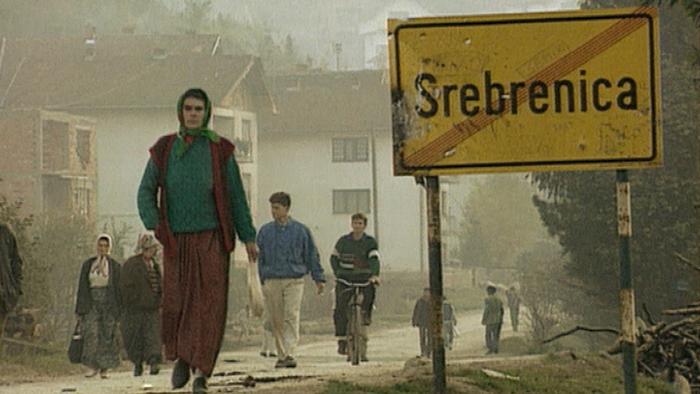by Shelby Vcelka
Impunity Watch Desk Reporter, Europe
PRISTINA, Kosovo–
On August 3rd, the Kosovo Parliament will vote on a constitutional amendment that will create an ad hoc war crimes court to try former members of the Kosovo Liberation Army that allegedly committed crimes during the Kosovo War. After facing escalating pressure from the United States and the European Union, officials believe that there is enough support to pass the amendments necessary for the court’s creation, after a failure to pass the amendments last month.

No changes have been made to the amendments that were brought before Parliament last month, but President Isa Mustafa is confident that the amendments will pass. At a recent cabinet meeting, Mustafa commented, “we have to be aware that we cannot build and develop this country if we are isolated by friendly countries. Voting for these changes in parliament will bring long-term benefit for Kosovo.” The amendments, he believes, will be good for Kosovo and maintain powerful allies and ties the country has managed to obtain.
Veterans associations are opposed to the new amendments and the creation of the courts, as they find it insulting to the struggle for freedom against Serbian control of the region. Many major parties are also opposed, as the creation of the courts would open investigations into party members. However, members that were previously against the amendments are expected to vote in favor of the measures as international pressure mounts.
The court structure would entail the creation of special chambers to deal with specific allegations of atrocities committed by members of the KLA. KLA members are accused of murdering, abducting, and illegally detaining Serbs, Roma and Kosovo Albanians who were believed to collaborate with the previous Serbian regime. New allegations of atrocities are still coming to light, as more information is being uncovered.
US diplomats have warned the Kosovo government that the UN Security Council will set up the courts if Parliament fails to ratify the amendments. Russia, Serbia’s ally and member of the Security Council, proposed the measure to the Council to protect Serbia’s interests in the region.
For more information, please see–
Balkan International Justice– Kosovo Govt Prepares New War Crimes Court Vote— 30 July 2015
Politico– Kosovo needs to show no one is above the law— 31 July 2015
B92– Kosovo: Draft resolution on genocide submitted to assembly— 31 July 2015
Balkan International Justice– Kosovo Sets Date for War Crimes Court Vote— 31 July 2015
Radio Free Europe Radio Liberty– Kosovo’s Government Urges Parliament To Set Up War Crimes Court— 31 July 2015
Reuters– Under Western pressure, Kosovo to put war crimes court to new vote— 31 July 2015


